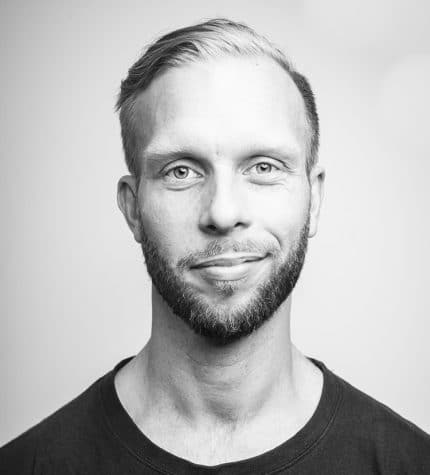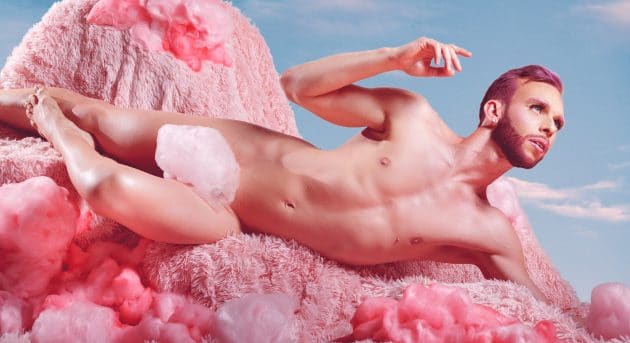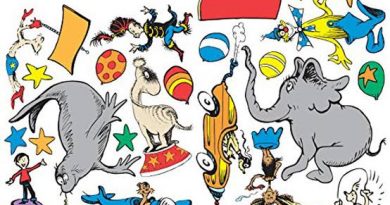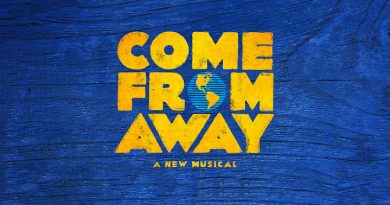Chatting about Joel Bray’s Daddy
A new immersive work from Joel Bray, Daddy is a delicious and delectable interactive exploration of life, love, and trauma.

With a focus of incorporating his Wiradjuri cultural heritage, Joel’s work is durational, site-specific, and cross-artform, with audiences invited in to share the experience alongside the performer. Fuelled by his experiences as a queer, Indigenous male, it is undeniable that authenticity underpins his work.
His newest show, Daddy, was commissioned by YIRRAMBOI Festival, Performance Space and Arts House, and has previously been performed at Brisbane Festival and Liveworks. Now, it makes its Melbourne debut as part of Midsumma Festival next week.
Can you tell me a bit about your performance history? Where did you start out?
I came to performing quite late, I was twenty and joined NAISDA Dance College, which is an Indigenous dance institute. I went on to study at WAAPA and then most of my career was overseas- in France, Portugal, Israel and Germany – dancing in companies and with freelance choreographers. I begun to return to Australia to work with CHUNKY MOVE. I’ve always dabbled with making work, but in 2017 I made the strategic pivot to begin to make and perform my own work. I have strayed from my lane in a way and make hybrid-genre work that straddles contemporary dance, theatrical story-telling and audience participation and play.
What inspired you to start dancing?
Actually, I came into dancing a bit by accident. I had never been a performer, an artist, an athlete or a musician. Throughout High School I was a bookworm and history nerd. So it’s ironic that I ended up a dancer, which is part artist, part musician and part athlete. I initially joined NAISDA out of a desire to be amongst other Aboriginal people, to live temporarily in an Indigenous community and to learn more of that culture – I was brought up by my White mother, so I hadn’t had much interaction with my Aboriginality and culture. Of course, fifteen minutes into my first dance class, I was hooked. And I have danced pretty much every day for next twenty years! God, I can’t believe that I can speak of anything in that time-frame. I still go and take dance class most days, and I am surrounded by vibrant, twenty-somethings. They seem to eternally stay young as I age!

How does dance allow you to explore cultural and political issues?
I’d say that my interest is in the body, and that my art is a body-based or choreographic one. So I guess I allow myself to explore further than dance. The body is the site in which we host both our culture and our politics. A few days ago I was in the Invasion Day rally in Melbourne, and I was reminded of the power of the body, of bodies coming together. There is corporeal force in us using our bodies, putting them in the way of traffic, or putting them up for display, that can never be replaced with online petitions, say. So I am interested in that- in how our bodies can be agents of change, sites of protest and connectors between people.
What has been the most exciting part of devising Daddy?
Oooh, tricky one. I’m going to have to say two things. Firstly, Daddy is partly the story of my (Aboriginal) father, his story of trauma and survival and the effects that have had on me and my siblings. The most exciting part of the process was literally ‘getting to know Daddy’. He was so generous in allowing me to share his story, and making this work has been a process of healing for both of us. Secondly, I adore to see the transformation that occurs amongst the audience in this work. At the beginning they creep in, unsure of what to expect or what to do. They shift uncomfortably from foot-to-foot and try to hide in the shadows. Over the following 75 minutes, I gently coax them out of the shadows and we start to converse and play. And then towards the end, I get to witness their childlike glee and pure delight as they play, and dance and make a mess with me. That building of a spontaneous relationship, a momentary community, between all of us, that is the best part of the whole show for me. And I think in these dark days of bushfires, or climate catastrophe, or digital isolation and fake news, I think that is a little antidote.
How does presenting the show in a rehearsal room change the performance?
This will be the fourth season of Daddy and each time we have performed it in a very different space, but it is always a variation on a black-box or studio space. I love it because I think the formality of theatre foyers, ushers and ticketed seating trigger audiences to engage with the work in a habitual way. When we begin our evening like this, we are cued to sit politely and passively consume the show. That is the last thing I want! I want people to be engaged, to move in closer to see, or to choose to go over in that corner to see what it looks like from there. I love when the audience interrupts, laugh or contest what I am doing. the whole thing is a constant dialogue and I think that is really empowering for audiences.
Why should audiences come and see the show?
The work is proudly Queer and Blak, it is a visual feast- James Lew (the designer) and Katie Sfekidis (lighting designer) have created this sumptuous space you enter and the work surfs between the funny and the poignant, the tragic and the playful. Oh, and it gets a little sticky and messy in there, so maybe don’t wear your Sunday best…
Daddy opens at the State Theatre Rehearsal Room on February 4.
Tickets and more information can be found at the Arts Centre Melbourne website.




